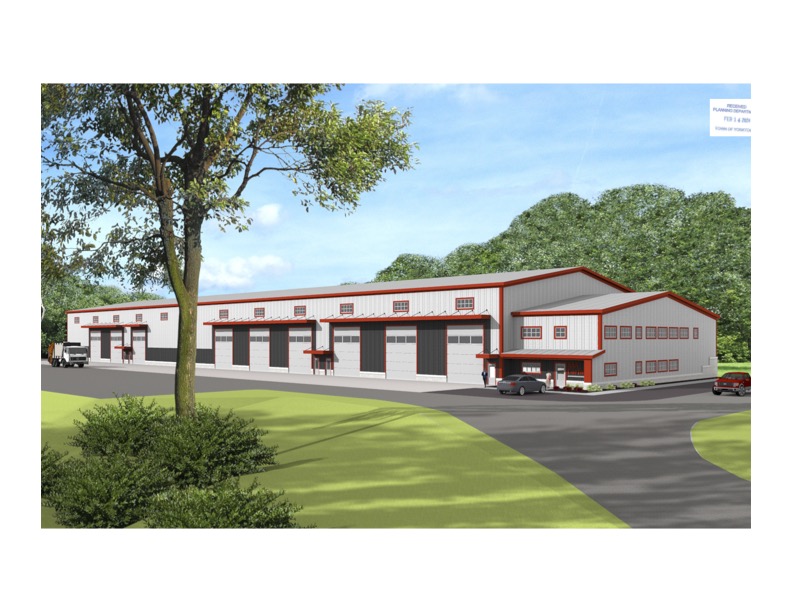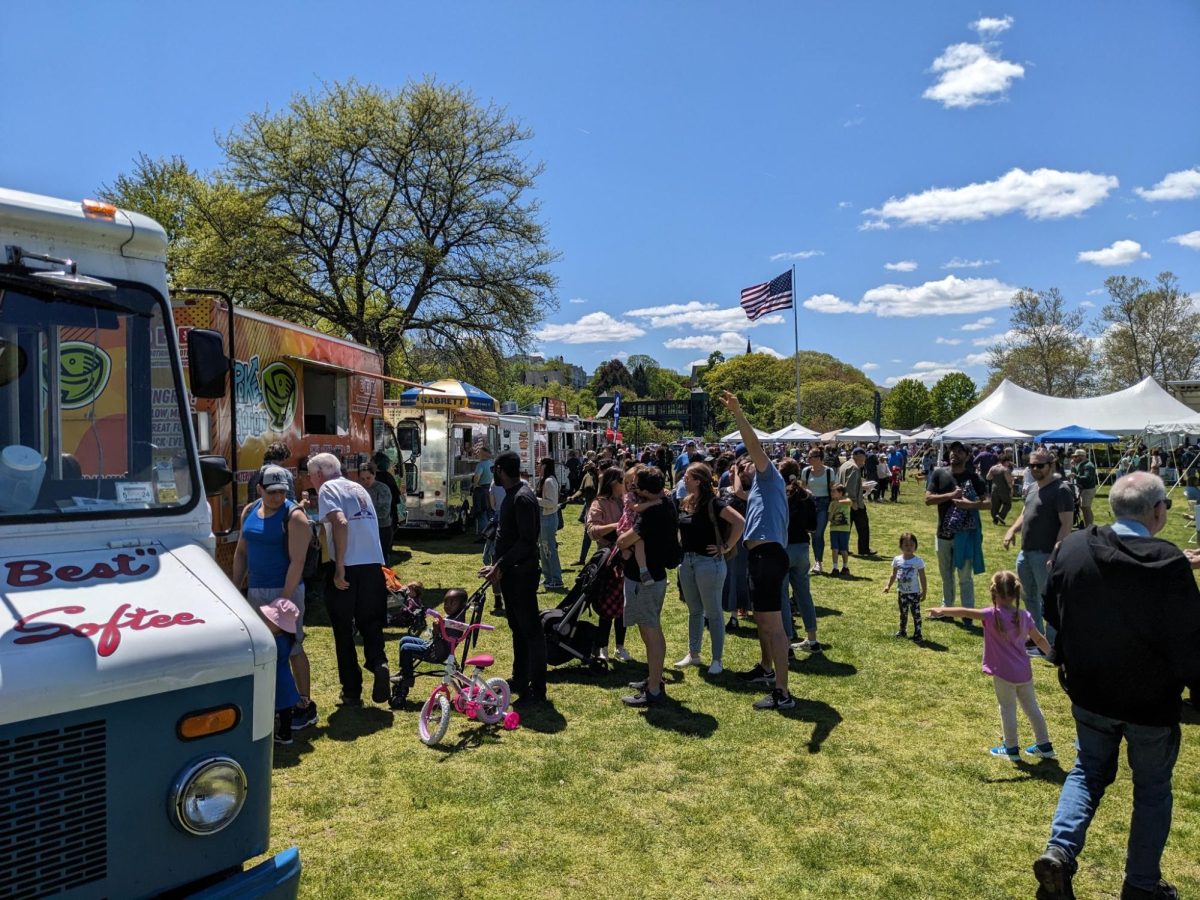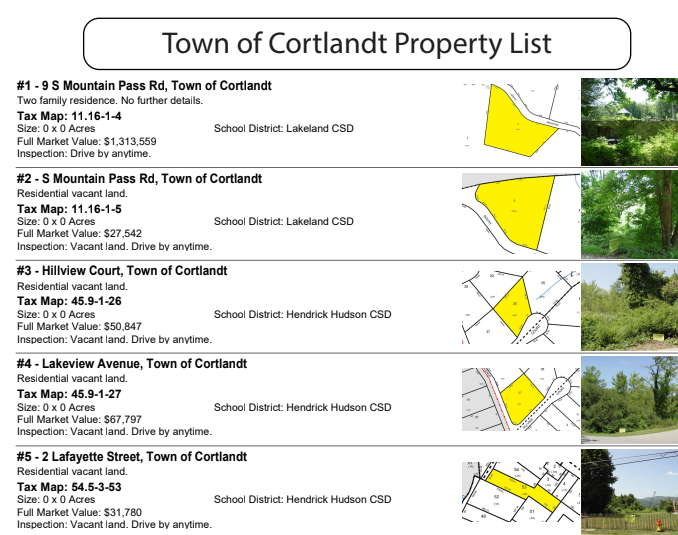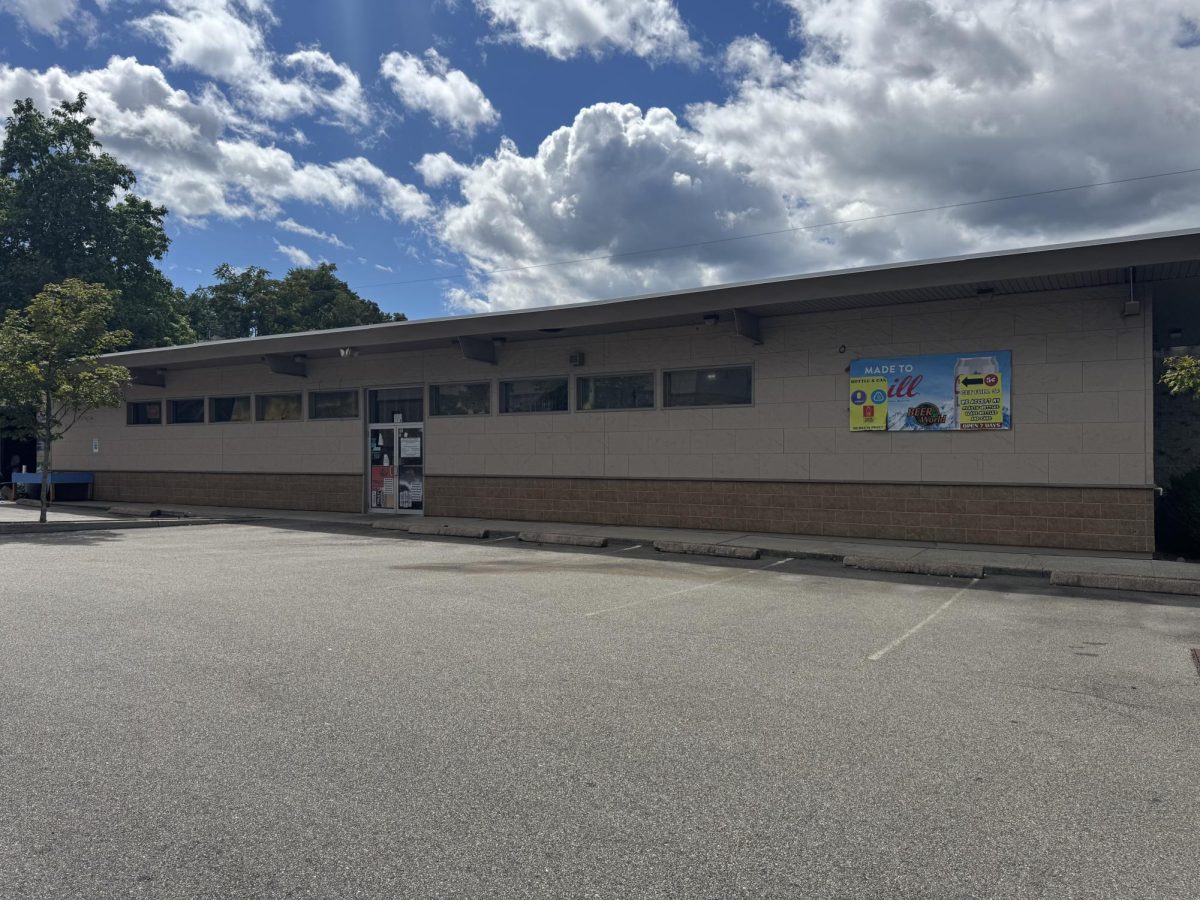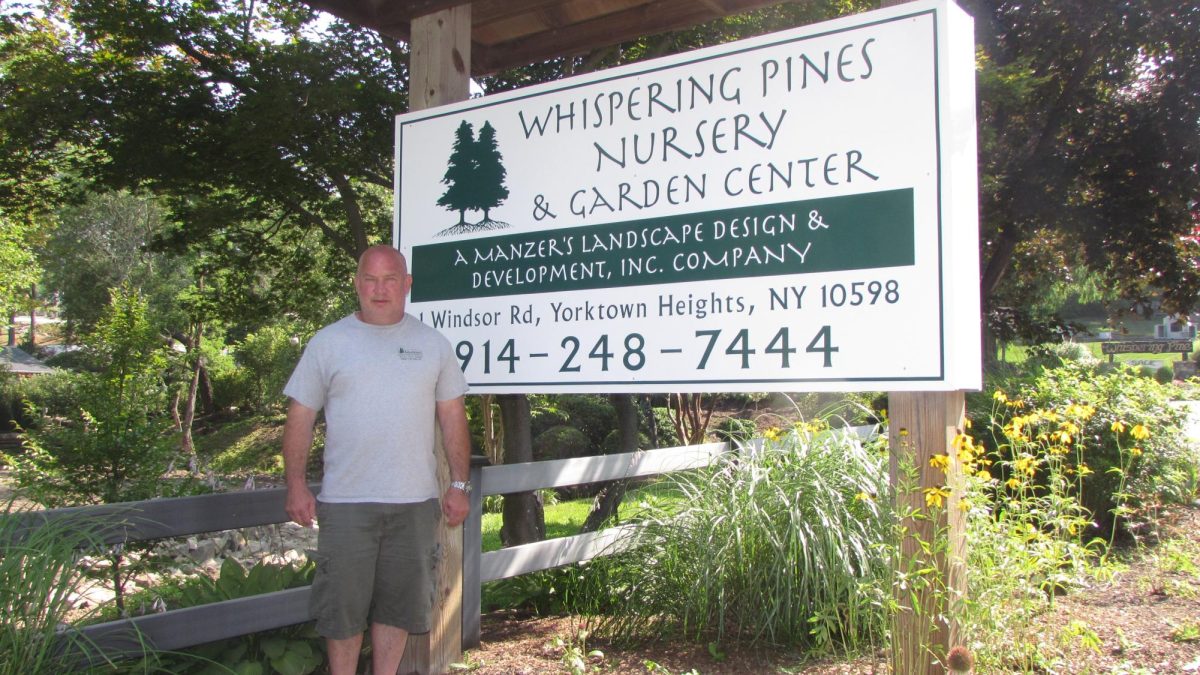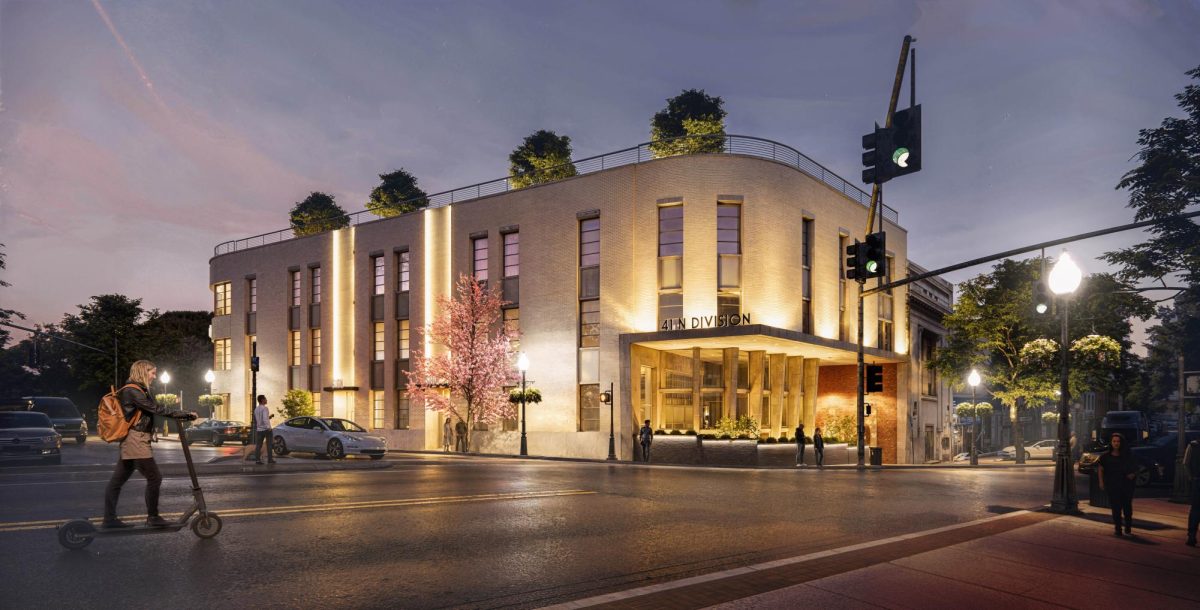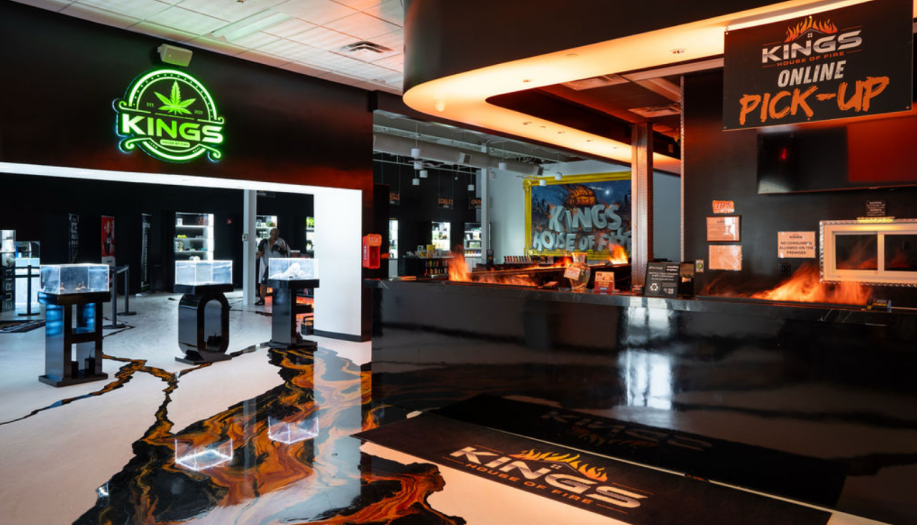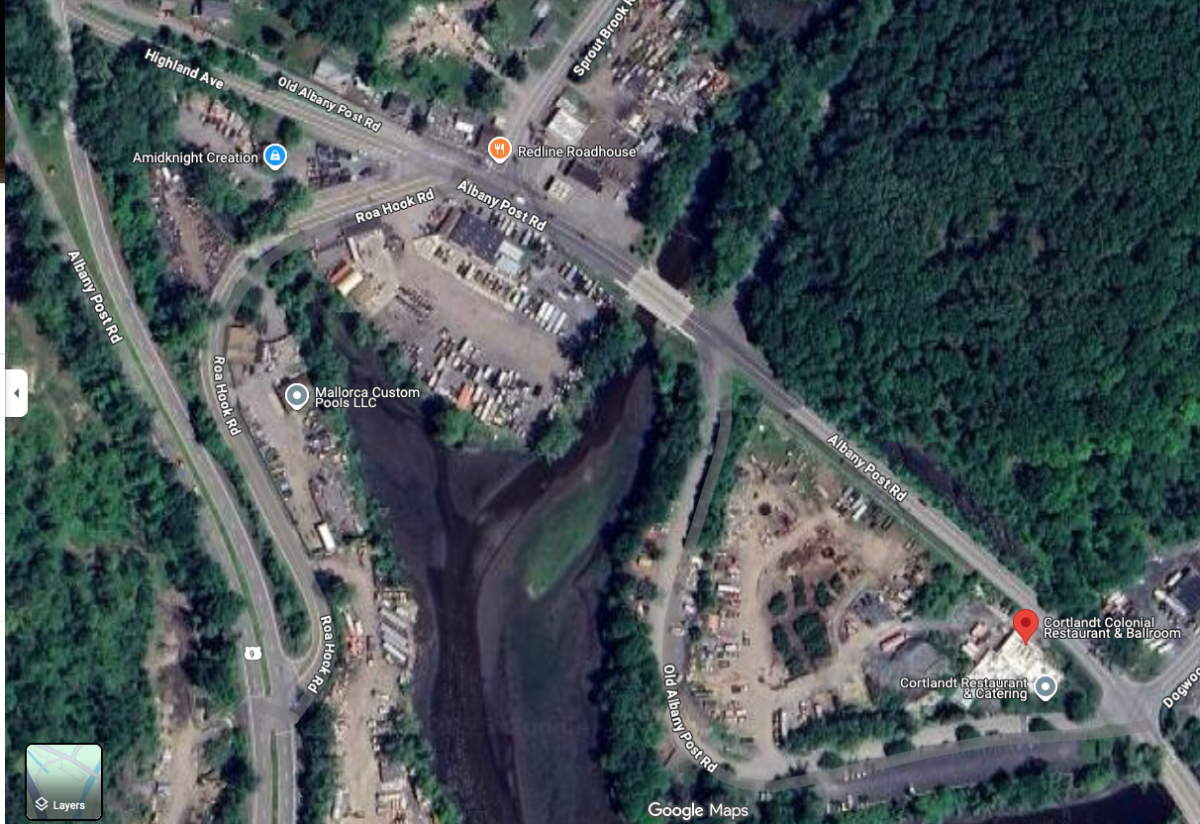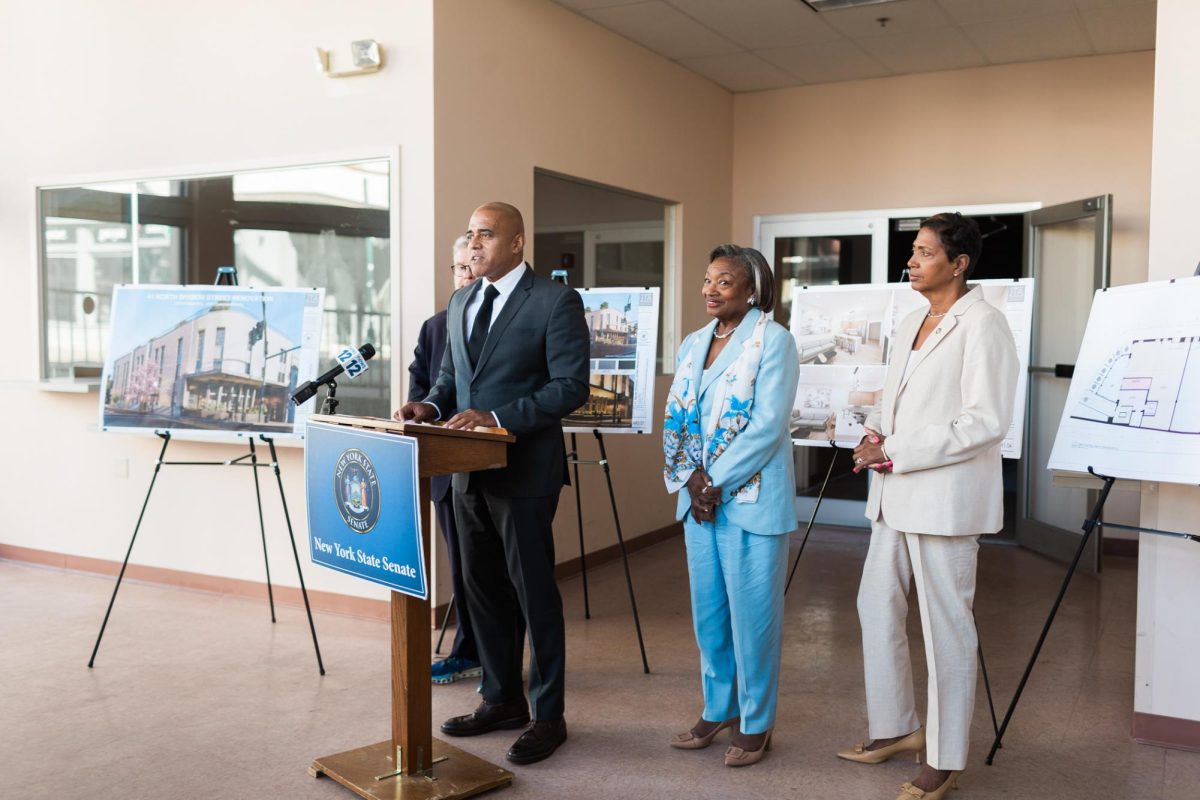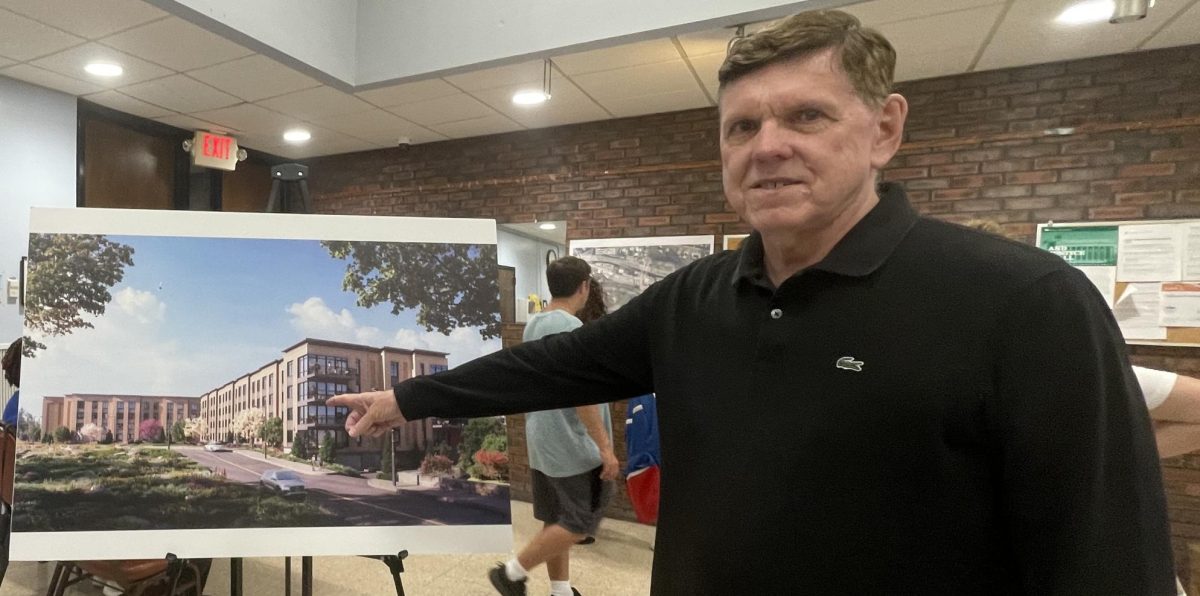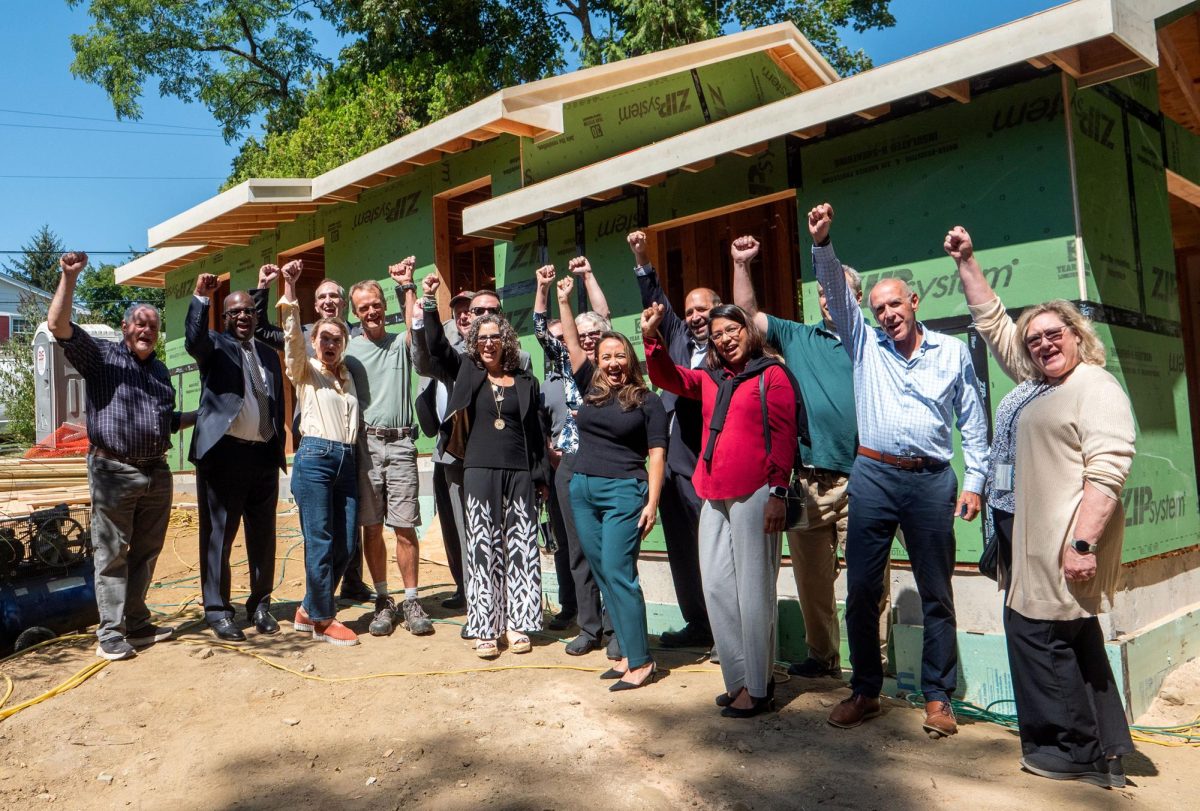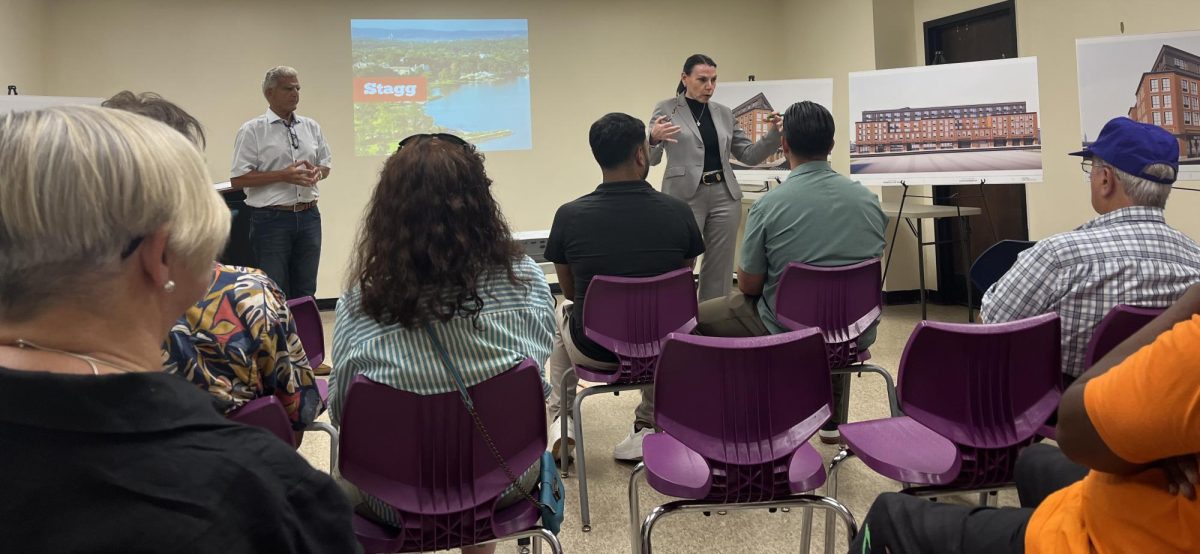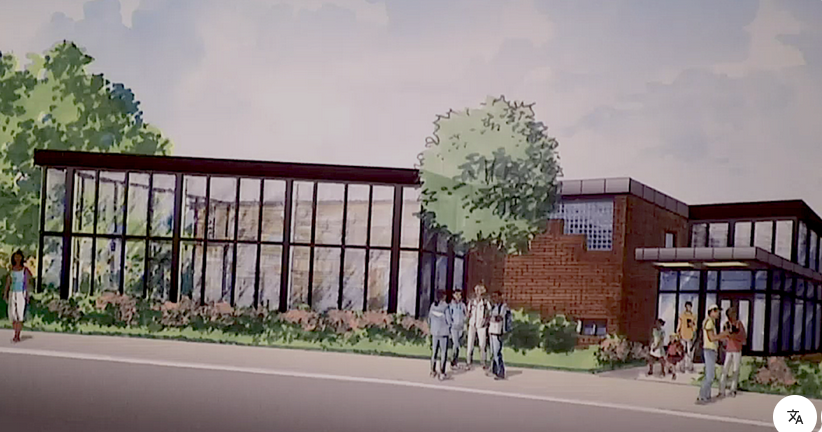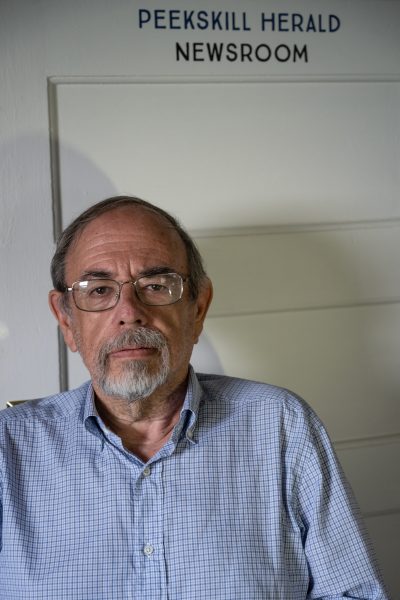The principal owner of a 30-year-old garbage carting company with deep roots in Peekskill is engaged in a multi-million dollar court fight with the Town of Yorktown.
Pat Cartalemi of AAA Carting in Buchanan has a history of battles with Yorktown officials over the town carting contract to pick up residential garbage.
Now, the stakes have been raised higher as Cartalemi sues the town in U.S. federal court for $12 million, claiming officials there illegally thwarted his plans to build a recycling facility on Route 6, in part as revenge in an alleged ongoing campaign against him.
In a prepared statement, Cartalemi’s company said “The town’s actions in attempting to stop this project is similar to what another town in New York state did previously, costing its town taxpayers over $8 million.
“Unfortunately, by changing the zoning to attempt to outlaw the as-of-right use, the many town taxpayers will bear the brunt of the consequences of the Town Board’s actions, namely, to pay the plaintiff millions of dollars in damages, which will only increase the tax burden on town residents.”
However, attorneys for the town deny that Yorktown officials treated Cartalemi unfairly, claiming that the town followed the law to stop his recycling plant from winning approvals to proceed.
“The town did not rezone his property,” said Adam Rodriguez, an attorney with the White Plains-based law firm Bleakley Platt & Schmidt, LLP representing Yorktown in the federal lawsuit. “The town enacted legislation to modify what is allowed in a certain zoning district townwide.”
Yorktown officials claim the original zoning rules anticipated smaller recycling centers that would generate less traffic than Cartalemi’s proposal.
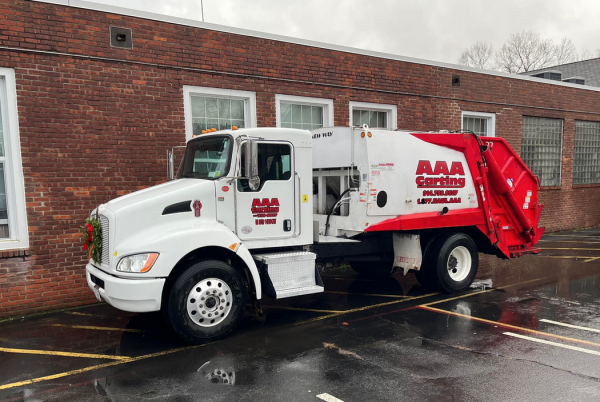
Recycling plant proposed to Yorktown
In July of 2023, Cartalemi and AAA bought the 18-acre property in the town’s light industrial district at 76 Route 6 in Yorktown for $1.75 million. The project, named the Atrac Recycling Center, was to include a 40,000-square-foot building that would process 3,600 tons per week for a construction and demolition debris transfer station and 250 tons per day of a recyclables handling and material recovery facility.
The construction debris would be separated into recyclable metals and unadulterated wood in one section while the rest of the material would be loaded into transport trailers and removed. A sorting station would recover paper and cardboard while other recyclables would be loaded onto trucks for shipment. The site would include an entrance weigh station and parking for trucks and employees, along with an outdoor storage area for empty containers,
The facility would accept items from AAA’s own fleet, other private carters and municipal and residential sources. The plant would be open from 6 a.m. to 6 p.m. Monday through Saturday. All processing would be done inside the building.
On Dec. 7, 2023, AAA submitted its “as-of-right” land use application with the Town for site plan approval of the project, with a 100-feet setback on the easterly property line.
Town moves to stop the recycling plant proposal
According to the lawsuit, a month later the Yorktown building inspector ruled the plant could be constructed as of right. But town officials then allegedly urged the building inspector to change his ruling and require a variance because they believed a larger setback was needed.
The lawsuit alleges that the Planning Board ruled at its Feb. 12, 2024 meeting that a variance was required because the proposed setback did not comply with the law. The lawsuit says AAA was not informed in advance of the meeting and only found out what happened through an email from the town attorney the next day.
The easterly property line abuts a lot located in Somers where Whispering Pines garden center is located and not a property located in Yorktown. Somers only has a maximum 60-foot setback requirement for residential property, according to the lawsuit.
After the Zoning Board ruled against Cartalemi, his attorney informed the Planning Board that a new plan requesting the required variance was being sent to the Zoning Board.
But the Town Board then said at its August 2024 meeting that it would change its zoning rules to stop the recycling project. “The Town Board effectively communicated that this change of zoning was necessary to prohibit Plaintiff from operating its Recycling Facility at the Property and admitted, to the cheers of the large public crowd providing unlawful political pressure, that the change of zoning was targeted specifically towards Plaintiff’s proposed Project,” according to allegations in Cartalemi’s lawsuit.
On Sept. 17, 2024, Town Supervisor Ed Lachterman wrote to the entire Town Board specifically about the Project: “I do not feel that the new proposed transfer station is what was intended in the law. Our hearing today is to remove it as an allowed use so it could be looked at later down the line,” according to the lawsuit.
On Oct. 1, 2024, the Town Board unanimously passed a resolution amending the Zoning Code to eliminate recycling facilities as an allowable use in all light-industrial zones. According to the lawsuit, the Board had to make subsequent corrections to its October resolution to comply with SEQRA laws at a December 2024 meeting.
The town responds
In response to the AAA lawsuit, attorneys for Yorktown acknowledge that the Town Board’s unanimous vote in December 2024 to amend Yorktown’s zoning code stopped the recycling center. [Recycling facilities had been permitted in light industrial districts for approximately 12 years, but none were ever built.]
Prior to that vote, the point of contention rested on a determination what the town code meant in requiring a 200-foot setback from a residential district.
The town building inspector ultimately ruled that the AAA plan complied with the Yorktown 100-foot setback rule from a municipal line, and not the 200-foot residential setback rule, because the residential neighborhood east of the project lies in Somers, not Yorktown.
At its May 2024 meeting the Zoning Board made the decision that the Yorktown code meant a 200-foot setback was required from any residential district, not just within the borders of Yorktown.
The rule that no building should be located a distance of less than 200 feet from a boundary which adjoins any residential district should be interpreted as “pertain[ing] to all districts whether they are inside the Town of Yorktown or outside the Town of Yorktown,” the Zoning Board said.
Cartalemi had continued to submit proposals to the Planning and Zoning boards offering alternative locations that would comply with the 200-foot setback rule while still claiming an as-of-right allowance to build on the original location with the 100-foot setback.
But following the December 2024 vote by the Town Board to eliminate recycling plants in light industrial zones, attorneys for Cartalemi filed their lawsuit in January 2025. The town action came because the property is “…owned by the same owners as AAA Carting, against whom certain members of the Town harbored animus as a result of the prior litigation and public expression,” Cartalemi’s attorney alleged.
Yorktown attorneys have filed motions asking the court to dismiss Cartalemi’s lawsuit.
Cartalemi’s claims of bias against him by Yorktown stem from a controversy over AAA’s bid to pick up garbage from Yorktown residences in 2022. He claimed in public that the winning bidder was not a responsible company and filed a lawsuit, and, after Competitive Carting failed to pick up garbage and had their trucks repossessed, the town fired Competitive and picked another company on an emergency basis.
However, last summer the town again went out to bid and AAA won the contract this time, costing the Town approximately $3.5 million annually for two years, and now picks up Yorktown’s garbage.
Asked if Yorktown would consider buying the property from Cartalemi, Rodriguez said, “No, that is not something the town generally does.”


